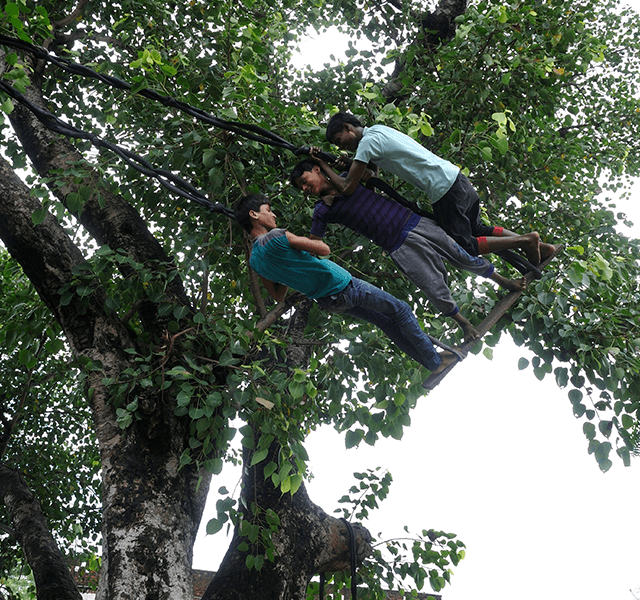

Education has been a critical driver for behavior change towards recommended health practices including family planning (FP). This brief highlights the value of education and role of educational institutions in generating appropriate knowledge about sexual and reproductive health (SRH) and improving FP outcomes. Promoting discussions on SRH in schools, building teachers’ skills and including FP components in school-based health programs can help to further improve FP outcomes.
Read MorePost-partum family planning (PPFP) has emerged as key focus areas to achieve the Sustainable Development Goal for Universal Health Coverage in family planning in India. Majority of women have an unmet need for family planning in post-partum period. This brief explores the PPFP and post-abortion family planning uptake in Uttar Pradesh, and highlights the need to increase PPFP counselling at facilities and during home based newborn care and immunization visits.
Read MoreAdolescent motherhood has serious implications on young women and their children’s health. This brief examines the key determinants of adolescent motherhood in Uttar Pradesh and Bihar to guide the sexual and reproductive health programming for youth. Increasing awareness on sexual and reproductive health, developing life skills, and creating positive gender norms can help strengthening sexual […]
Read MorePAHAL Issue 13 highlights the efforts of Government of Uttar Pradesh in conducting Skilled Birth Attendants (SBA) trainings, with support from UP TSU. This edition also includes the integration of PPIUCD training with SBA training for staff nurses and ANMs along with many more updates of
health.
The use of traditional methods of family planning has increased in Uttar Pradesh and Bihar over time. Although the family planning programs strive to improve modern contraceptive use, Traditional still contribute significantly to the overall contraceptive use. This brief highlights the reasons for this increase, whether it is by choice or due to inadequate family planning services, and ways to improve efficient traditional and modern methods use.
Read More